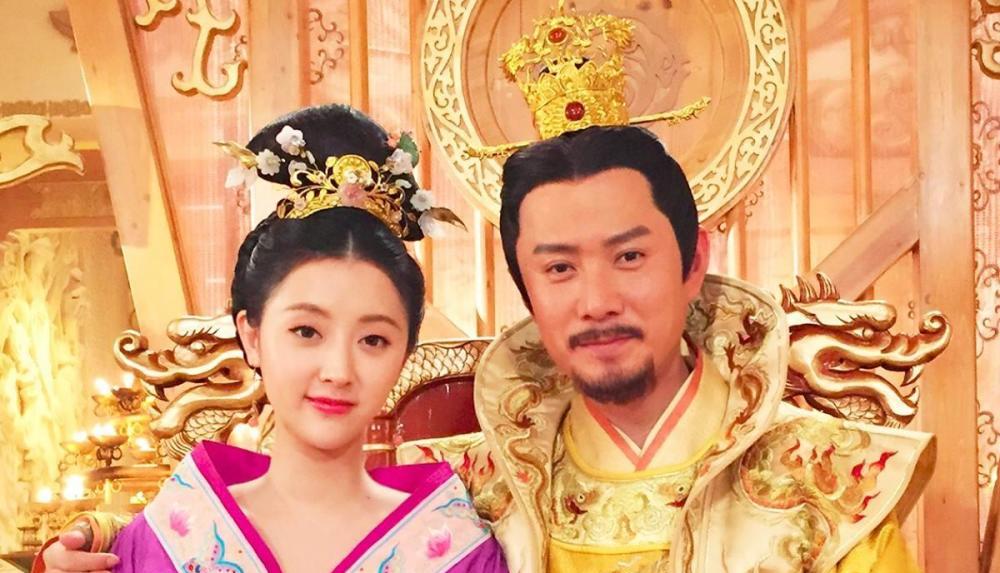
(All pictures in this article, all from the network, thanks to the original author, if you infringe your rights, please contact the author of this number to delete.) The picture has nothing to do with the content, please do not sit in the number) Strictly speaking, the orphanage model in the Song Dynasty should be relatively perfect. First of all, the appearance of orphanages in the Song Dynasty had its own specific historical conditions: there were many poor families, and they were bored and sterile. This social phenomenon was valued by the Emperor of the Song Dynasty, who repeatedly issued a special edict that "the road will be free of hungry children." Thus, in the Song Dynasty, there were orphanages run by both government and private offices. Among them, the official office is called the "Salesian Children's Bureau", and the specific action method is that the government pulls out money, produces rice and cloth, hires nursing women, and is specifically responsible for taking care of orphans. Ensure that orphans have food to eat and clothing to wear. At the same time, orphans in the Salesian Children's Bureau can also come in and out, and if any family does not have children, they can also come to the Salesian Kindergarten to adopt orphans. If the orphans are not adopted, the Salesian Children's Bureau will always raise them to adulthood, and the orphans will continue to be voluntary when they grow up, and the government will never interfere. Moreover, the location of the Salesian Children's Bureau is generally located next to the public welfare medical institution, the Pesticide Bureau, to facilitate the treatment of sick orphans. From this point alone, it is enough to see the good intentions of the government.
At the same time as the government-run orphanages, there are also orphanages founded by the private sector. Of course, these orphanages have different names, the long name is called "Free Adoption and Abandonment of Children's Money and Rice House", the short one is called "Baby Bureau", some are called "and Kindergarten Bureau", and so on. Most famously, in the Jiading Decade, the theorist Zhen Dexiu set up a salesian village in Jiankang Province, specializing in the adoption of babies abandoned due to famine and displaced street children. In order to ensure the normal operation of the Salesian Village, Zhen Dexiu not only specially formulated a complete management system, but also assigned a part of the land to the Salesian Children's Village, responsible for the daily expenses of the Salesian Children's Village.
Moving forward, what is the situation with the orphanage? First of all, during the Sui and Tang dynasties, there were also orphanages during the Sui and Tang dynasties, although they also had the nature of government offices, but they were very different from the orphanages in the Song Dynasty. First, there was no special orphanage during the Sui and Tang dynasties, and the history books recorded, "Since Chang'an, envoys have been given special knowledge." The state is resentful of the poor, respecting the elderly and recuperating from illness. "It is to combine civilian hospitals, nursing homes and orphanages to treat all the old, weak, sick and disabled." Second, the orphanages in the Sui and Tang dynasties did not have special places, and at first there were special workshops for the sick, but later with the gradual expansion of the scope of adoption, most of them gradually moved to the temple.
From the Sui and Tang dynasties onwards, during the Southern and Northern Dynasties, orphanages were also established. In 521 AD, Xiao Yan, the Emperor wu of Liangwu in the Southern Dynasty, issued a special edict to establish a "Lonely Garden" in today's Nanjing. From the name, the original meaning of the word "lonely" refers to two kinds of people, young and fatherless, and old and childless. Therefore, we have reason to believe that the Lonely Garden during the Southern and Northern Dynasties was a combination of an orphanage and a nursing home. As for its operation, the local government is responsible for "providing food and clothing, and ordering enough every week". It is to provide food and clothing to ensure food and clothing. But how the Lonely Garden adopts orphans, where it is set up, and how large it is, there is no more specific information at present.
In fact, from the Western Zhou Dynasty to the Wei and Jin Dynasties, we can find relevant measures to relieve orphans, but no special charity has been formed. In fact, supporting the elderly and carrying the young is a traditional virtue of the Chinese nation, and in the "Book of Etiquette and Fortune", it has been mentioned: "To make the old have an end, the strong have some use, the young have some strengths, and the reserved, widowed, lonely, lonely, and the sick are all nourished", which is the "journey of the road". Therefore, from ancient times to the present, whether there is a special orphanage or not, it is always a responsible and loving person who should do it.
Wen Xiucai, editor-in-chief of Wenlan Hairun Studio, this article is written by: Special History Writer: Zhang Hongguang